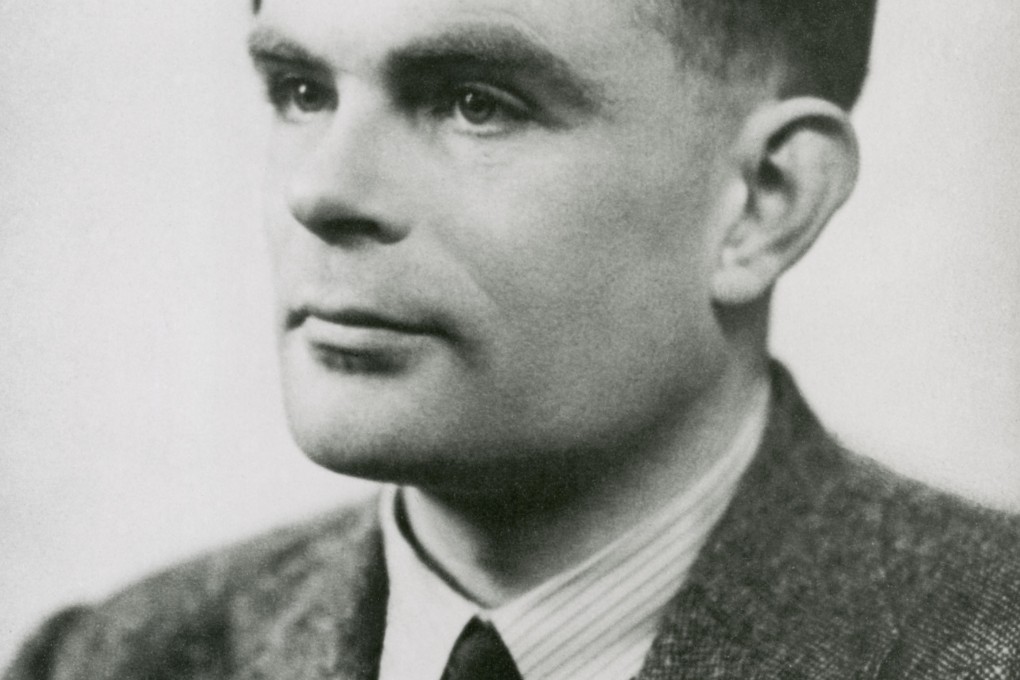New | UK finally pardons computer pioneer, second world war codebreaker Alan Turing

His code breaking prowess helped the Allies outfox the Nazis, his theories laid the foundation for the computer age, and his work on artificial intelligence still informs the debate over whether machines can think.
But Alan Turing was gay, and 1950s Britain punished the mathematician’s sexuality with a criminal conviction, intrusive surveillance and hormone treatment meant to extinguish his sex drive.
Now, nearly half a century after the war hero’s suicide, Queen Elizabeth II has finally granted Turing a pardon.
“Turing was an exceptional man with a brilliant mind,” Justice Secretary Chris Grayling said in a prepared statement released Tuesday. Describing Turing’s treatment as unjust, Grayling said the code breaker “deserves to be remembered and recognised for his fantastic contribution to the war effort and his legacy to science.”
The pardon has been a long time coming.
Turing’s contributions to science spanned several disciplines, but he’s perhaps best remembered as the architect of the effort to crack the Enigma code, the cypher used by Nazi Germany to secure its military communications. Turing’s groundbreaking work – combined with the effort of cryptanalysts at Bletchley Park near Oxford and the capture of several Nazi code books – gave the Allies the edge across half the globe, helping them defeat the Italians in the Mediterranean, beat back the Germans in Africa and escape enemy submarines in the Atlantic.
You take one of your greatest scientists, and you invade his body with hormones. It was a national failure.
